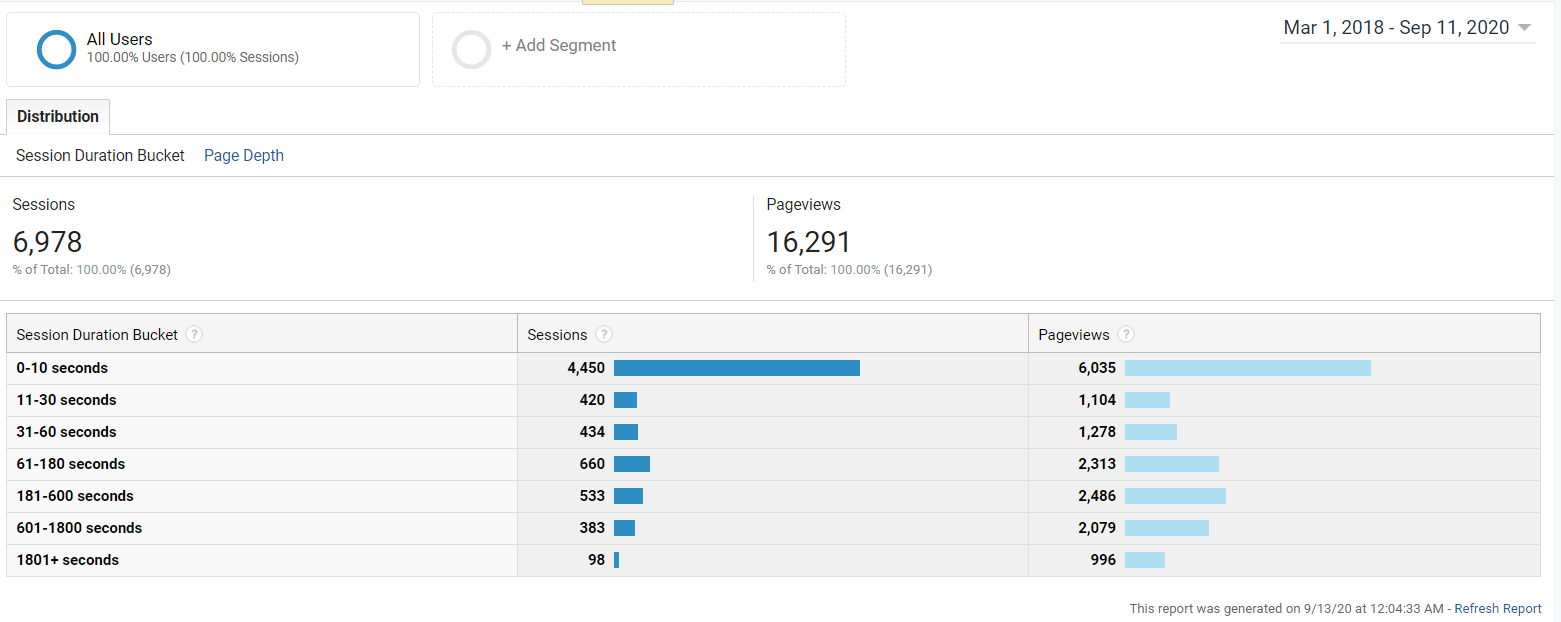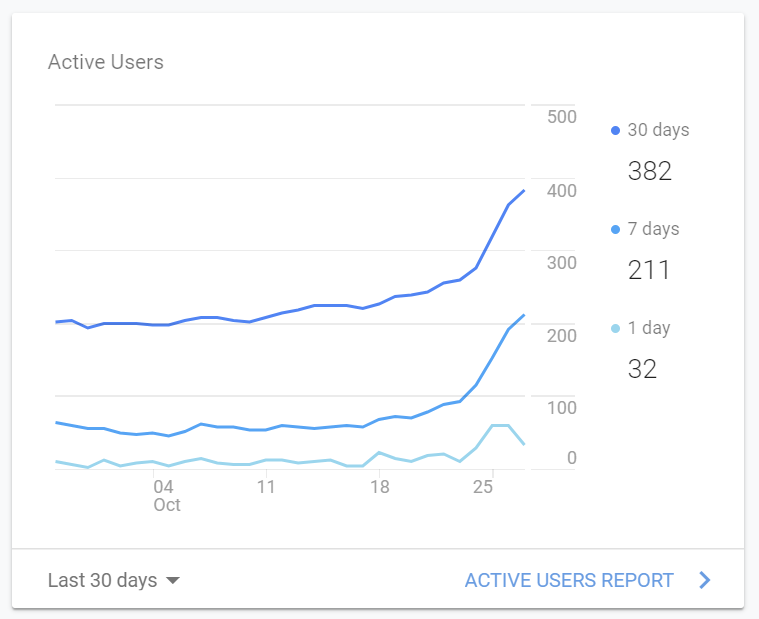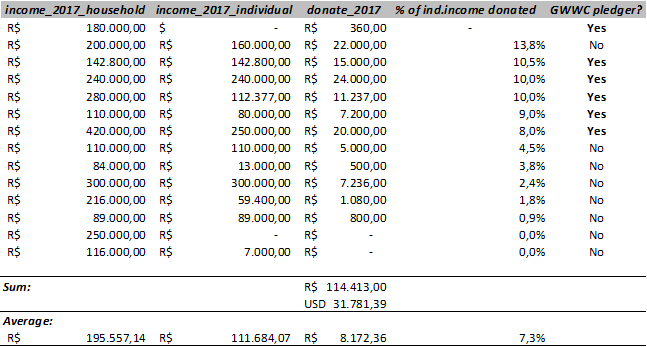Since 2013, Brazilians have been meeting - in cafés and online - to discuss and spread the ideas of effective altruism and start projects related to or inspired by it.
However, we were practically absent from the main spaces that bring together the global EA community. After some deliberation, we came to understand that this was a mistake and that we should try to correct it from now on. We already started this by translating some of our blog posts and putting them here in the forum (here and here). This post should be seen in this light, but we hope that it may also prove useful to other local/national/regional group organizers.
Now, without further ado, here is what we have been doing.
Membership:
We have several small local groups across the country. There is a small group in the city of Porto Alegre, Rio Grande do Sul (City fb group 1, State fb group 2, and fb page 3) led by Alysson Augusto and Ramiro Peres. There are groups in the cities of Uberlândia, focused on animal ethics and led by Alcino Bollela, and in Belo Horizonte, led by Celso Veira. Both cities are in the State of Minas Gerais. However, the biggest group is in São Paulo (City fb group 1, City fb page 2, University of São Paulo fb group 3, fb page 4), and it was the only group holding regular meetings right before the pandemic.
In Uberlândia, the animal ethics group has promoted short courses and lectures in universities and high schools since 2017. Since 2019 they have had regular meetings. Since 2017, Alcino has also promoted effective altruism and practical ethics on the university radio. We are considering making this a broader EA Brazil podcast initiative.
São Paulo city had public meetups and seminars for almost three years, which resulted in only mild long-term engagement. Engaged members mostly found the community by themselves or were personal friends of other members. The University of São Paulo EA club was able to create some seminars and outreach but has not been able to become self-sustaining and was eventually ended.
Since our local groups are small, but we have members scattered across the country, we gradually moved our efforts to connect on a national level (and, more recently, with Latin America) and now do mostly online projects.
Community projects:
Last year we translated the 80000hours career guide (80000horas), still in its previous format, before the original site was reformated to the Key-Ideas version. It was a great and exhausting team effort. So far, the website has reached 4.2k users. However, it must be noted that only a fraction of the users heavily engage with the content, as the following Google Analytics table shows:

Currently, we have a blog where we post EA and EA peripheral content, both original work, and translations. It already has 93 articles.
Until last month we had the blog hosted on Medium, but we have now decided to combine it with the 80000horas website. We decided to do that after talking with an SEO expert who argued that this would bring more viewers to the website. It may be too soon to be sure, but it seems that this decision was the right one, since we already see some increase in the website views.

At the beginning of the pandemic, we decided to translate the article The Hammer and the Dance by Tomas Pueyo, which attracted an unexpected and unprecedented number of readers (161k views and 15.5k reads). Unfortunately, further attempts to transform this attention in engagement with the EA movement or other articles that we wrote (trying to build a bridge between this pandemic and EA/x-risk) did not work well.
Some of EA Brazil members also contribute to a combined effort with the EA community in Portugal on translation work that you can find here. It currently has an impressive number of 304 published articles.
We post all of these materials on Twitter and our Facebook page and group. *Tip: we use the paid software OneUp to auto-post this material once-a-day.
We also created Instagram, LinkedIn, and Youtube accounts but have not recently dedicated much effort to those developing our presence on those platforms. Still, if you are interested, we recommend watching this video that was made as an intro to EA and this video, which used the ideas on A Path to Victory over COVID-19.
This year, from July till the end of October, some EA Brazil members (Fernando Moreno, Carolina Oliveira, Ramiro Peres, Leo Arruda, and Caio Freire), together with members from EA Colombia (Angela Aristizábal, Alejandro Avila), came together to work on a research project for Generation Pledge. Our intent was to understand how large-sum donations are currently directed and map the ways in which they relate to high impact cause areas.
Donations:
In 2017 Guilherme Samora and Elisa Mansur created doebem (givewell in Portuguese), which directs donations to some of GiveWell supported charities (AMF, GD, and SCI) and also to some Brazilian NGOs whose impact has been assessed by the doebem team.
Doebem has an active blog, Instagram, Facebook, and LinkedIn pages, with very attractive posts designed by volunteers (both EA and non-EA). Volunteers also help with social media and SEO/Google Ads (since doebem is a registered NGO, it receives sponsored ads from google for free).
*Tip: we found volunteers for doebem this year through a Brazilian volunteer sourcing website. Not only do they help with doebem’s work, but some have become donors and even showed moderate interest in the concept of Effective Altruism. Maybe this is a worthwhile recruitment source if we learn to use it correctly.
More recently, the doebem team launched doesuafesta (donate your party). As the name suggests, the project encourages you to raise donations with friends instead of party gifts for your birthday, wedding, etc. This post on how to celebrate your party during a pandemic had more than 4 thousand views with almost no advertising done by us (most came from google) and even generated two parties on the platform.
So far, doebem and doesuafesta have raised more than 97 thousand BRL (between US$25K and 30k considering the long-run exchange rate), 28% of it directed to GiveWell supported NGOs.
Ribon is also a very interesting initiative founded by Rafael Rodeiro from Brasilia. It is an app with a sponsored micro-donation system for reading news stories. Only positive stories are displayed. The app is well-liked by its users, who do most of the app’s advertising on their own
The donations would then go to 4 selected TLYCS charities. However, more recently, the project owners decided to direct those donations to Brazilian NGOs only. In any case, as of April 2020, Ribon had donated US$52,289 to TLYCS charities.
Looking at EA Survey 2018 raw data (which surveyed income and donations during 2017), we can see 14 people indicated as living in ‘other’ countries who reported household/individual income or donations in Brazilian Reals (BRL or R$). Six of them reported being Giving What We Can pledgers.
We had to clean this data a little since some respondents had converted their income or donations to USD values while some did not. We converted back with a 3.6 exchange rate, which was the average value during 2018.
The average household income was R$ 195,557 (~US$54k), while the average individual income was R$ 111,684 (~US$31k), and the average donation was R$ 8,172 (~US$2.2k) or 7.3% of the average individual income. Among GWWC pledgers, the average was 9.5%. The total amount donated by these EA survey respondents in 2017 was R$ 114,413 (~US$32k).

Plans for the future:
With so few members that all operate on a volunteer basis, it’s hard to have the dedication that would be ideal for expanding our movement. However, we plan to continue with current work as well as expand into new activities. Some thoughts that crossed our mind:
- Start a newsletter in Portuguese
- Regular Podcast/Youtube streaming
- Hiring a professional press-service agency to promote doesuafesta and/or doebem
- Networking with Brazilian researchers conducting EA related research, specially x-risks and institutional decision-making improvement (we have already done some work on mapping them)
Any feedback on what should be added to this list, and how to perform them well is appreciated.

Regarding your ideas at the end:
Hey Fernando, wrt to your very final point.
I recalled that Luis Mota and I briefly spoke about this at the EAGxV some months ago. We discussed a few points around avenues for academic EA work in Brazil and thought the following could be promising:
* Governance of AI and biotechnology. Brazil is doing a bit of research on both (more so on bio), and is likely to be a regional hub of applied work in these areas.
* Natural pandemics. Rainforest clearance could bring people into contact with all sorts of viruses.
* Conversely, rainforest preservation assists with climate change.
* Farmed animal welfare. Brazil farms a lot of animals and domestic consumption is quite high consumption compared to population income. Several ACE recommended charities already work here.
For the young academic, Brazilian Academia may also be quite attractive as it's possible to get a permanent/tenured position at quite soon after your PhD via a concurso. This could then allow researchers to focus on work they view as valuable rather than having to chase high-impact publications for a decade to get a position, as is common in the US/EU. If one is mostly doing theoretical research and doesn't need grants to do experimental research, then this could be a good position from which to do theoretical research on the above areas or meta-topics (e.g. cause prioritisation).